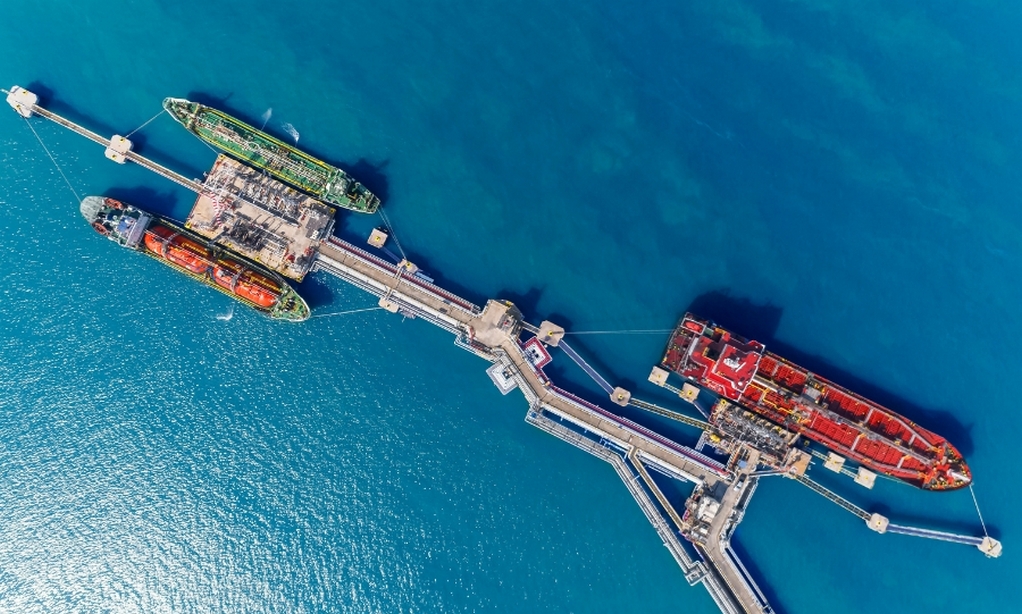Norway-based engine builder Bergen Engines has become a part of FME MarTrans, an industry collaboration which aims to reduce emissions from shipping and increase value creation for the Norwegian maritime sector, related to the reduction of energy consumption and the use of alternative fuels.
FME (Norwegian Center for Environmentally Friendly Energy Research) Maritime Energy Transition center (MarTrans) is an eight-year collaboration gathering 65 partners from the maritime industry and research sector. The center is dedicated to researching, innovating, and educating to accelerate the energy transition in the shipping industry.
The initiative is supported by funding exceeding 300 million NOK (around $27 million) from the Research Council of Norway and is described as the world’s largest maritime research program of its kind.
FME MarTrans focuses on four key challenges in adressing the maritime sector’s greenhouse gas (GHG) emissions:
- Environmentally friendly fuel
- Energy systems onboard
- Availability of fuels
- Support and integration
With SINTEF as the host institution, FME MarTrans prepares to formally establish itself in the autumn of 2024.
According to Bergen Engines, becoming a partner in this inititaive marks a significant step toward realizing the vision to reduce energy consumption and transition toward renewable fuels.
The company’s commitment to sustainable solutions and exploration of alternative marine fuels was recently reinforced with an approval from classification society DNV for its methanol-ready statement for marine engines.
Bergen Engines aims to develop a 100% hydrogen-fueled engine by the end of 2024. Simultaneously, the company continues its research to assess the feasibility of utilizing ammonia as a primary fuel source to further expand its green solutions portfolio for land and marine-based applications.
Tags: Alternative Fuels, Energy Transition, FME MarTrans, Marine Fuels, Marine sector



Recent Posts
DNV Grants Approval in Principle for New Ammonia Bunkering Vessel Design
Proteus Launches Modular Hydrogen Fuel Cell System for Maritime Sector
Van Oord Unveils Boreas, World’s Largest and Most Sustainable Offshore Wind Installation Vessel
New methanol-fuelled vessel ‘Berlin Maersk’ to enter service
NMPA wins greentech global environment award
CMA CGM in negotiations with Indian shipyards for LNG-powered shipbuilding
L&T to Develop Green Hydrogen and Ammonia Projects in Kandla
Pan Ocean Orders Two Eco-Ready VLCCs from HD Hyundai Heavy Industries